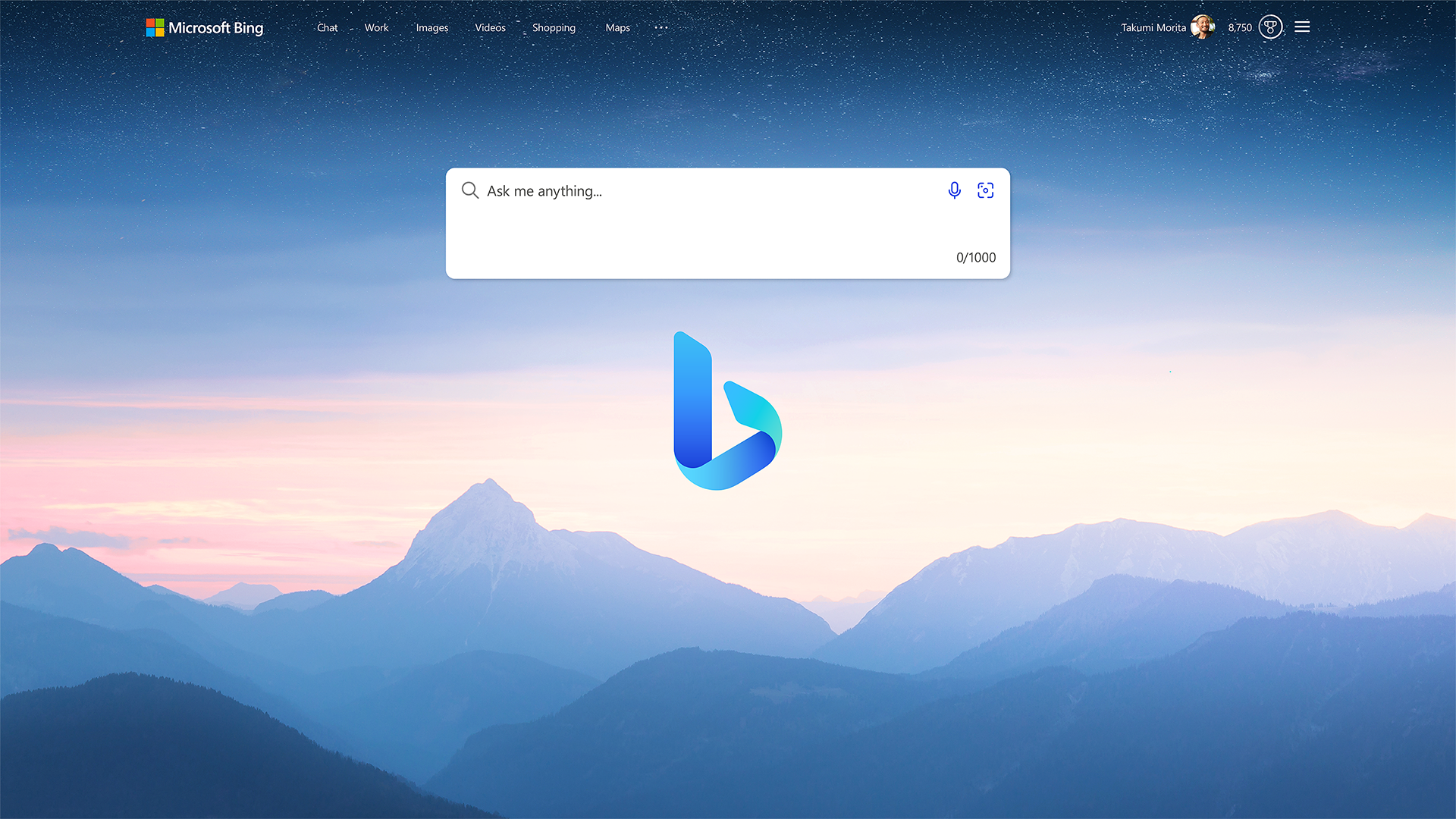On 7 February, Microsoft announced an updated Bing search engine and Edge browser that will “bring together search, browsing, and chat into one unified experience you can use from anywhere on the web.” According to Microsoft’s announcement, these new efforts will deliver a new interactive chat experience for more complex research and better search, focused on continued relevance.
Microsoft might integrate these search features into other products like Outlook and Teams. If consumers don’t need to switch to another web browser, and just get answers from the existing Microsoft applications they are actively using, the convenience might prove valuable enough to change consumer behaviours.

Image: Microsoft
Enter Google’s “Bard”
Google appears to be moving at pace with competitors, having announced Bard, “an important next step on our AI journey.” In Google’s recent communications about Bard, they focus on AI Responsibility and the introduction of principles around AI usage.
These technological developments will result in new search experiences. Consumers are going to get more comfortable in back-and-forth conversations with assistants, where each subsequent response from the AI will trigger another thought, question and dialogue. These human-like dialogues with search assistants bring new SEA opportunities for advertisers.
AI is also impacting the work of SEA specialists within agencies. Three areas are most affected; content and keyword creation, brand safety and the way SEA specialists within agencies build their campaigns.
Charlotte Walravens, Project Manager at dentsu Benelux: “Implementing OpenAI in our proprietary Search tooling allows us to leverage new technology in a way we haven’t done before. Currently, about 52% of OpenAI suggestions are directly useable in our accounts, resulting in an increase of search scope with +190%. Allowing OpenAI to suggest manual optimizations and expansions in search campaign coverage opens up a previously unexplored campaign scope.”
When it comes to creative, the initial enthusiasm for AI has been replaced by realism and reserve. The reason for this is that AI is rife with bias. This is the consequence of how we trained AI systems: Instead of writing a set of rules to tell the computer what a cat is, we’ve shown it millions of pictures of a cat and let it do the work to detect patterns itself. As a result, AI doesn’t have a structural understanding of a cat. AI matches or recreates a pattern that looks like the concept of a cat. Despite this, we are currently successfully using DALL-E and Midjourney in ideation workshops and dentsu Creative in France is now testing using openAI-technology for automatically generating SEA campaign texts and visuals.
Another area dentsu currently uses OpenAI technology is for increasing brand safety. Nils Kroon, Senior Paid Media Specialist at dentsu Benelux: “By using OpenAI, the accuracy of categorization in our planning tool dentsu Quality View improved by +56%, making YouTube content more suitable for specific age groups and thus increasing brand safety for advertisers.”

Image: Google
Implications for advertisers
- Consider keeping a close eye on your web analytics, with competition and attention for users to now use ChatGPT, Microsoft Tools, or even TikTok as a search alternative. Nearly 40% of Gen Z prefers searching on TikTok and Instagram over Google Search and Maps.
- Evaluate how consumers are using these AI products. Will consumers embrace a more dialogue-based conversation with search engines?
- Microsoft may have a small advantage in going to market as a first mover, so a small uplift in search activity may be expected.
- Existing SEO and Paid Search strategies remain vital. Even though an AI tool like ChatGPT is one of the most exciting innovations we had for years in the digital landscape, it’s not perfect yet. Especially in the area of content and keyword creation.
- According to Google, “the scale of the largest AI calculations is doubling every six months, far outpacing Moore’s Law.” Consideration should be given to the speed of advancement from these AI products and tools and keeping pace with such speed will be important.
- Beware of ethical and legal issues of usage of AI products and tools.

